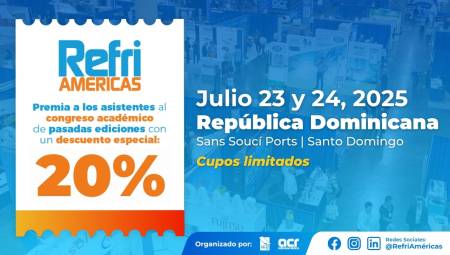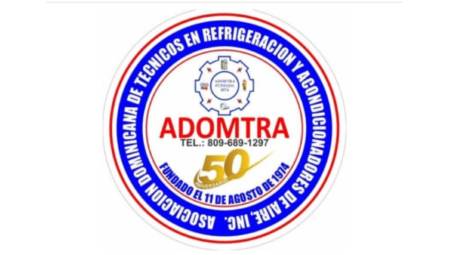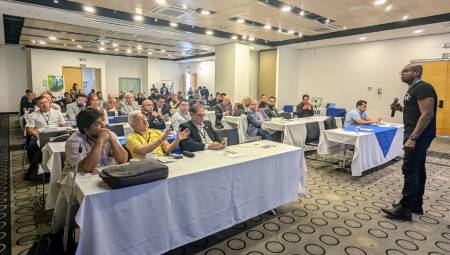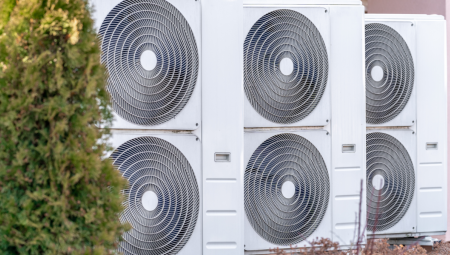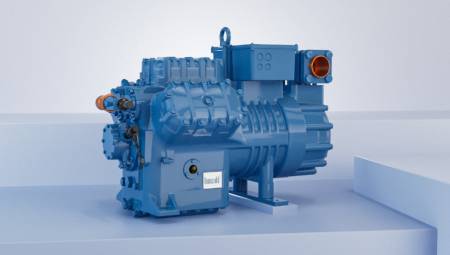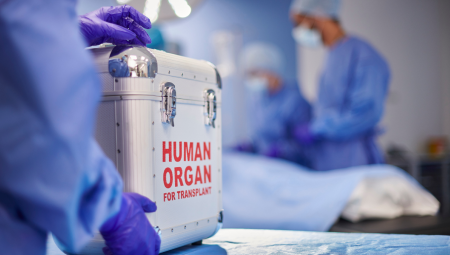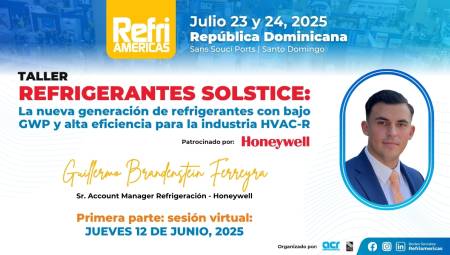A research group from the Public University of Navarra has managed to adapt a Volkswagen Polo vehicle to run on hydrogen, an inexhaustible fuel that does not produce polluting or greenhouse emissions.
This achievement is another advance in the project developed by the Hydrogen Research Group, which in February 2009 already managed to launch for the first time in Spain a car engine powered by hydrogen, as reported by the UPNA. The challenge that has now been completed has been to modify, in addition to the engine, all the components of the vehicle so that it works with hydrogen and moves autonomously.
The result of this work has been presented at the Arrosadía Campus in an act that has been attended by the Vice-Rector for Research of the UPNA, Alfonso Carlosena; Pedro Diéguez, project director and professor in the Department of Mechanical, Energy and Materials Engineering; Eugenio Guelbenzu, Research Director of Acciona Biocombustibles, the company that has financed the research, and Arturo Resano, head of Engine Engineering and Assembly at Volkswagen Navarra, a firm that gave the vehicle that has now been adapted.
The Hydrogen Group, established in the Higher Technical School of Industrial and Telecommunications Engineers, has been working since 2001 within the framework of a program financed by the company Acciona Biocombustibles, which sponsors the Group's research on issues related to hydrogen technologies. Since 2007, this activity is part of the CENIT program (National Strategic Consortia for Technical Research).
The lines of research have focused on the production of hydrogen from renewable energies, safety in this technology and the use of this gas as a fuel in internal combustion engines.
WATER VAPOR THROUGH THE EXHAUST PIPE
It is in this last line of work in which he frames the project that has been presented today. On the one hand, the electronic control of hydrogen combustion had to be integrated with the rest of the signals and controls in the car's on-board computer. The Volkswagen Polo has been incorporated a device in the dashboard that allows to change the operation of the engine, either to gasoline or hydrogen.
Other novelties have been that the production of the hydrogen consumed by the car is carried out in the University itself through an electrolyzer owned by Acciona Biocombustibles. This means a reduction in costs: to achieve the energy equivalent of a liter of gasoline, about 14kWh of electricity are necessary. Although there is a wide range of electricity tariffs, in any case the amount of hydrogen equivalent to a liter of gasoline has an energy cost of the same order as that of the liter of gasoline.
Finally, the research team has had to solve the way to transport hydrogen in the car itself, an aspect that has required the use of hydrogen gas cylinders under pressure located in the trunk and that are changed when it is necessary to recharge the fuel.
Hydrogen has very special characteristics that make it a good candidate to be used as a fuel in internal combustion engines: it mixes quickly with air, needs very low ignition energy, has a high combustion rate and its octane is much higher than that of any gasoline. In fact, the engine burning hydrogen reaches 5,800 revolutions per minute and enough power to reach 140 kilometers per hour with zero greenhouse gas emissions. In fact, the only emission that the exhaust pipe of this vehicle gives off is water vapor.
The Hydrogen Group -of which you can find information on the website www.grupohidrogeno.es- is directed by Pedro Dieguez Elizondo and also integrated by the engineers Luis Gandía Pascual, José Carlos Urroz Unzueta, David Sainz Casas, Susana Berdonces Evora, Carlos Fernández de las Heras Almiñana, Lara Erviti Calvo, Iñigo Idareta Erro, Marta Benito Amurrio, Amaya Pérez Ezkurdia and Sara Marcelino Sádaba. This group also included the engineer Carlos Sopena Serna, who died in a traffic accident a year ago. Throughout its seven years of existence, other teachers and students have also worked in the group, a total of twenty people who have created an important knowledge asset in hydrogen technologies. (EUROPA PRESS)
Authors: admin


